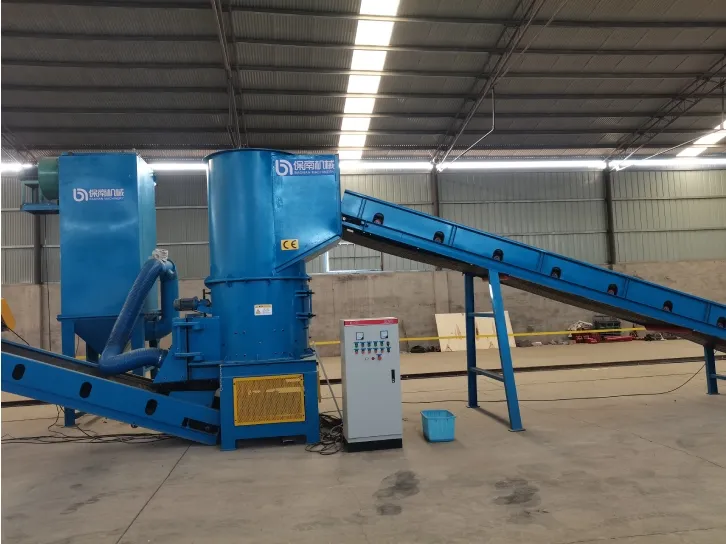
10 月 . 21, 2024 18:23 Back to list
The Rise of Metal Shreds Transforming Scrap into Sustainable Solutions
In the modern industrial landscape, the issue of waste management and resource recycling has taken center stage. Among the various types of waste materials, metal shreds have emerged as a significant focus for industries aiming to promote sustainability and reduce their environmental footprint. Metal shreds, typically created during the manufacturing and fabrication processes, refer to small pieces, chips, or shavings of metal that are produced when cutting, shaping, or machining metal components. Instead of being discarded as waste, these metal shreds can be meticulously processed and transformed into valuable resources.
The increasing demand for sustainable practices has prompted many companies to rethink their approach to metal shreds. Traditionally viewed as mere byproducts of manufacturing, metal shreds are now being recognized for their potential as recyclable materials. This shift in perception is crucial, considering that metals are finite resources and require significant energy to extract and process from raw materials. By recycling metal shreds, industries can significantly reduce energy consumption, lower greenhouse gas emissions, and minimize the overall environmental impact associated with mining and refining activities.
One key advantage of recycling metal shreds is their versatility. Various metals, including aluminum, steel, copper, and brass, can be recycled and repurposed for new products. This not only conserves raw materials but also reduces the costs associated with purchasing new metals. For instance, aluminum production from recycled metal requires only about 5% of the energy needed to create aluminum from bauxite ore. Similarly, recycling steel from metal shreds can save significant amounts of energy and water, encouraging more manufacturers to adopt sustainable practices.

Several innovative technologies have been developed to effectively process metal shreds. Advances in shredding and sorting techniques allow for the efficient separation of different metal types, enabling industries to maximize the value of scrap materials. Companies can harness advanced machinery to shred and sort metals into pure streams, which are more desirable for recycling and manufacturing purposes. As a result, the quality of recycled metal is significantly improved, making it more appealing to manufacturers seeking sustainable sourcing options.
Additionally, the rise of circular economy principles has underscored the importance of recycling metal shreds. In a circular economy, products and materials are designed to be reused, remanufactured, or recycled, thus extending their lifecycle and minimizing waste. By embracing these principles, businesses are not only contributing to a healthier planet but also benefiting from reduced material costs and enhanced brand image among environmentally conscious consumers.
In conclusion, metal shreds represent a valuable opportunity for industries to embrace sustainability while simultaneously reducing waste and conserving resources. By transforming these byproducts into valuable recycled materials, companies can not only improve their operational efficiency but also contribute to a more sustainable future. As awareness of the environmental impact of waste continues to grow, the focus on metal shreds will likely expand, driving innovation and progress in the recycling industry. Through collaborative efforts and technological advancements, we can create a more sustainable and resource-efficient world, one metal shred at a time.
Latest news
Unveiling the Power of Eddy Current Separator
NewsSep.25,2024
Transform Your Home Recyclin:home metal shredder
NewsSep.25,2024
The Future of Waste Management with Recycling Line Picker
NewsSep.25,2024
The Benefits of a Metal Recycling Plant
NewsSep.25,2024
Revolutionize Material Separation with Onwang Technology
NewsSep.25,2024
Innovative Waste Management: Unveiling the MSW Sorting Plant
NewsSep.25,2024